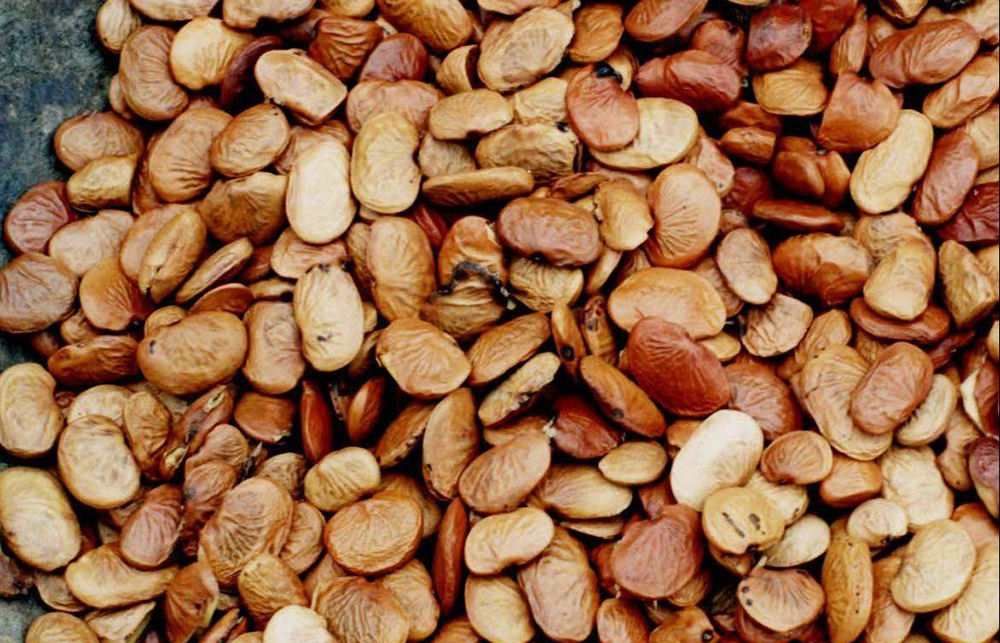Rio Tinto has announced a new pilot project focused on cultivating Pongamia seeds in Australia, aiming to evaluate their oil as a potential feedstock for renewable diesel. The initiative aligns with the company’s strategy to transition away from traditional fossil fuels and explore cleaner energy solutions.
The pilot will be conducted on roughly 3,000 hectares of cleared land that Rio Tinto intends to acquire near Townsville in north Queensland. The goal is to assess growth conditions and oil yields from Pongamia seeds, which could help meet the company’s renewable diesel needs.
In partnership with Midway Limited, which will oversee the farming activities, Rio Tinto emphasizes collaboration with nurseries, agricultural experts, and local communities, including Traditional Owners, throughout the project.
As part of its commitment to achieve net-zero Scope 1 and 2 carbon emissions by 2050, Rio Tinto recognizes the role of biofuels in reducing reliance on fossil diesel while fleet electrification technology develops. Chief Decarbonization Officer Jonathon McCarthy noted that diesel represents about 10% of the company’s emissions footprint in Australia, making this pilot a crucial component in the mid-term strategy to lower emissions.
Midway Limited’s Managing Director, Tony McKenna, expressed excitement about the partnership, stating that it aims to help develop a sustainable domestic biofuel industry, creating local economic opportunities.
This pilot follows an earlier trial at Rio Tinto’s Gove operations in the Northern Territory, where Pongamia saplings were planted to study their adaptability to local environmental conditions. The findings from this new pilot could pave the way for the growth of a biofuels sector in Australia, addressing both energy security and emissions reduction goals.






